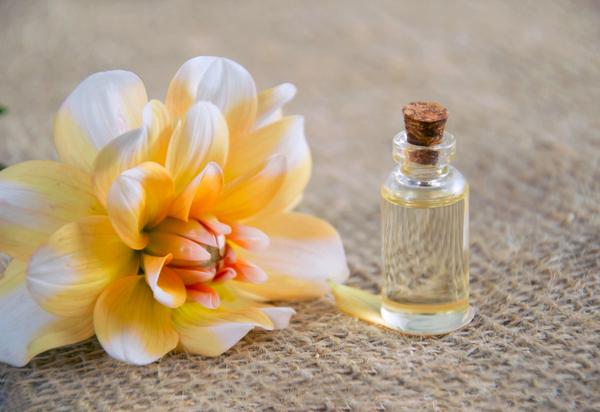Benefits of Aromatherapy

Aromatherapy, a form of treatment that utilizes essential oils extracted from plants, offers potential improvements for various health issues such as anxiety and sleep problems.
Essential oils are derived from different parts of plants, including flowers, herbs, barks, roots, and peels, capturing the essence responsible for their fragrances.
True essential oils are free from added chemicals or fragrances, produced through a specific process that preserves the plant’s natural chemistry.
Lemon, chamomile, lavender, cedarwood, and bergamot are some commonly used essential oils in aromatherapy.
The working mechanism of aromatherapy involves the activation of smell receptors in the nose, which transmit signals through the nervous system to the brain.
It is believed that aromatherapy stimulates specific brain areas, such as the limbic system associated with emotions, and the hypothalamus, responsible for the production of mood-enhancing neurotransmitters like serotonin.
Additionally, when applied topically, essential oils may elicit responses in the skin and other body parts, including joints.
While aromatherapy should not replace regular medical treatments, research suggests that it can provide certain health benefits.
It has been shown to alleviate stress, anxiety, and depression, promoting relaxation and improving sleep quality.
Aromatherapy has also demonstrated the potential in enhancing the quality of life for individuals with long-term health conditions like dementia.
Furthermore, it may help alleviate specific types of pain, such as that caused by kidney stones and knee osteoarthritis. When applied to the skin, essential oils can possess antibacterial properties.
Additionally, aromatherapy has shown promise in mitigating the side effects of cancer treatments, including nausea and pain.
In terms of safety, aromatherapy is generally considered safe; however, it is important to note that essential oils can have side effects. Some oils may irritate the eyes, skin, or mucous membranes of the nose. Mild allergic reactions are also possible. Therefore, it is advisable to exercise caution and be aware of any potential sensitivities or allergies when using essential oils.
Aromatherapy harnesses the power of essential oils derived from plants to address various health concerns.
By activating smell receptors and influencing brain areas associated with emotions, it can help reduce stress, anxiety, and depression while promoting relaxation and improved sleep.
Aromatherapy may also benefit individuals with chronic conditions like dementia and aid in pain management.
However, it is crucial to remember that aromatherapy should complement rather than replace conventional medical treatments. As with any treatment, it is recommended to exercise caution and be aware of any potential adverse reactions.
Image by Mareefe from Pxhere (Free for commercial use / CC0 Public Domain)
Image Reference: https://pxhere.com/en/photo/1433677










Leave a Reply